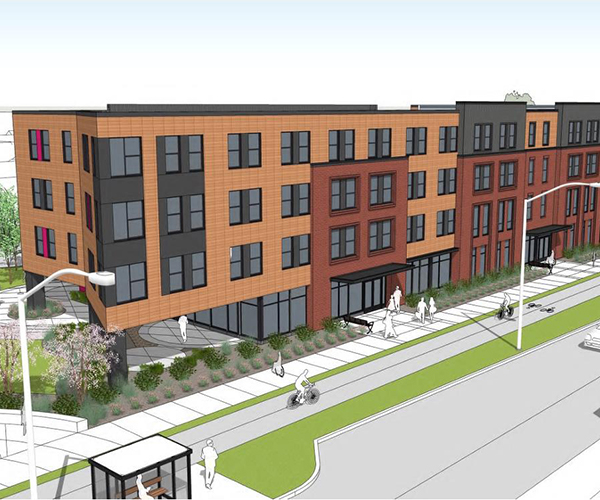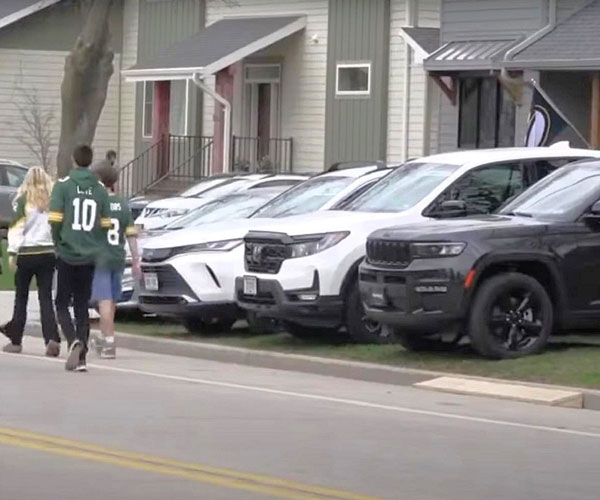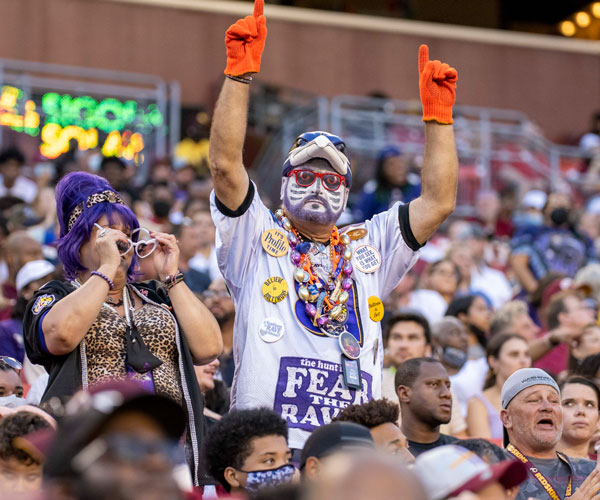Traditionally, you were dead when you stopped breathing. The stethoscope was invented in the early 1800s, then loss of the heartbeat became the defining event, because you could hear the heart stop.
I went to medical school in the early 1960s. When I was a medical student and a resident, if someone’s heart stopped, we’d close their eyes, pull the white sheet over their head, and they were dead. But about that time, we were first able to resuscitate people. So we could bring what was a dead person back to life by restarting their heart.
Shortly thereafter, the scientific community defined brain death as death.
Pope Benedict XVI wanted to hear the latest opinions, so the Pontifical Academy of Science called a group together. As the former president of the American Neurological Association and editor in chief of the most widely circulating neurology journal in the world, I received a letter from the Vatican.
Now, let me make this clear: Catholics die the way Jews and Muslims and everyone else does. But the definition could have a profound effect.
Theoretically, this group could have advised the pontiff that the definition of death used by scientists around the world is incompatible with Catholic theology.
Obviously Catholics believe deeply in life. They’re against contraception, against abortion. They have a firm belief in life, so they wouldn’t want to terminate life if there was real life there. Also, they don’t believe in futility: Keeping a brain-dead person alive would be futile, a total waste of resources, and cruel to the person and the family.
I went to a place in Vatican City that you will never see.
I’ve visited the Vatican like other tourists, but I never imagined I’d be in the bowels of the Vatican. We were picked up by a Vatican limo and waved through the Vatican gates without question.
We stayed in the facility where the cardinals stay when they elect the pope. It was very spartan but elegant: no phone, no TV, no radio, no clock. It was spotlessly clean. Simple bed. I have no doubt that when the cardinals met to elect the pope, there were certainly no distractions in that room.
We met with four cardinals, representing the Holy Father. The pope wasn’t there, because when he calls a group to advise him, his presence would sort of deter free discussion. Everyone would look at him to see if he was nodding or shaking his head.
I was overwhelmingly impressed by the four cardinals representing the pope. They were incredibly intelligent.
We were in a room, each of us with a microphone in front of us. We each gave prepared remarks, and the cardinals would ask questions of us or comment on what we said.
Among those called to speak on this topic for two full days, there were two dissenters. We spoke in Italian, German, English, Spanish, French. It depended who was speaking whether we would put our earphones on for the translation. It was like a United Nations meeting.
It became apparent, though, that the cardinals were willing to accept brain death as death.
I was glad that almost everyone in the room shared the same opinion. It would have been very, very difficult. The state of Ohio allows you to terminate life support when someone is brain dead. If that is against someone’s religion, countless people might object, and that would be a major problem.
The definition of death has changed once since I’ve been alive, but I can’t imagine it will change again. I think if we could stop brain death, then no one would ever die.



